How to Ask for a Reference Letter, Part II: The Template
This post was originally published in the Harvard Business Review.
Last week, I wrote a post on How to Ask for a Reference Letter which gave three steps for asking for (and getting!) a great letter of recommendation. The second, and arguably most important step, is to provide a template for your reviewer of what you’d like included in the letter.
Recently, an elementary school teacher told me that her former principal had failed to respond to her request for a letter of recommendation. I asked if she had included a template for her principal of what to say, to which she replied no, and then admitted sheepishly, “Honestly, I wouldn’t have any idea how to write the letter myself.” At the risk of stating the obvious, if youcan’t imagine writing the letter, how do you think someone else is going to write it for you?
When you are asking for a recommendation, take the time to create a template for the person writing the recommendation. This can be a draft of the letter itself or a simply a roadmap: a set of points that provides them with an outline as well as the context and content for their note.
A strong ready-made template hits upon three key points: your motive, your credentials and the impact you expect to have on your new organization. To be most effective, you need to answer three key questions:
- Why are you applying for the position or academic program? (Motive)
- How or why are you uniquely qualified for the position? (Credentials)
- What will you contribute to your new organization or program? (Impact)
Let’s see what this might look like in a particular case:
Alex Wallace was a human resources professional who worked in financial services for ten years. Alex earned her MBA from a top tier school and most recently covered the multimedia team at Reuters. After two years at Reuters, Alex decided to make a major career shift and jump from human resources to broadcast journalism. Alex reached out to the head of HR at her former employer to ask for a letter of reference for her application to Columbia’s Graduate School of Broadcast Journalism. She included the following bullet points in her template to assist her former boss in writing in the letter:
Motive: Why Are You Applying?
- Throughout my career, I’ve lived and worked abroad have always had a strong interest in business journalism and international affairs.
- My work at Reuters has inspired me to make a leap I’ve considered for a long time and which I believe will tie together many diverse aspects of my career.
Alex gave both a personal reason and a professional motive: her work in HR in the news industry ultimately inspired her to make a change. Why are you applying for a new job or program? Are you hoping to learn a new skill, make an industry, firm or career switch, or are you, like Alex, following a life-long dream of doing something you’ve always wanted to do but were never sure how to?
Credentials: How Are You Uniquely Qualified?
- I have a strong background in both finance and business issues, having spent ten years on Wall Street supporting finance professionals and two years at Reuters learning about the news industry
- In my current role, I am responsible for managing employee issues related to ethical standards of stories, quality of writing and knowledge of key figures and trends in the news industry
- I am strong writer, a skilled presenter and a quick learner; I am able to discern the important and relevant pieces of information from large amounts of data and make decisions quickly and effectively
Alex highlighted both her relevant experience and her inherent skill-set. Together, these combine to make her an excellent candidate for the program. As you think about your own qualifications, consider coursework and academic programs, relevant work experience, extra-curricular or volunteer activities, or even your own natural talents or strengths that will be better utilized in your new endeavor.
Impact: What Will You Contribute?
Alex’s impact — her unique perspective — could even be more compelling if she talked about how her news coverage would be different or unique from what exists today. Regarding your own contribution, what is your vision of how you will impact your new organization? Do you have new ideas, better ideas, a different way of thinking about things or a richness of experience that will impact your new environment?
At the end of the day, your goal is to give your former boss or colleague a clear-cut outline of what to include in your reference letter. By providing a thoughtful and well scripted template, you’ll greatly increase the chances of getting your reviewer to agree to write the letter of reference and make that letter of reference communicate and convey exactly what you want.
- I believe that the reporting and writing classes will give me the tools I need to become an outstanding broadcast journalist
- With my quick grasp of the issues and my in-depth understanding of finance and news organizations, I hope to bring a unique perspective to the program

